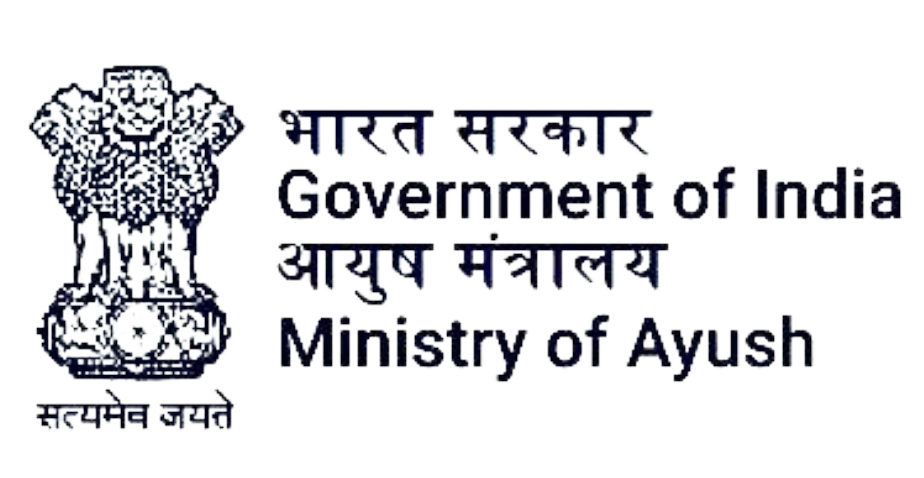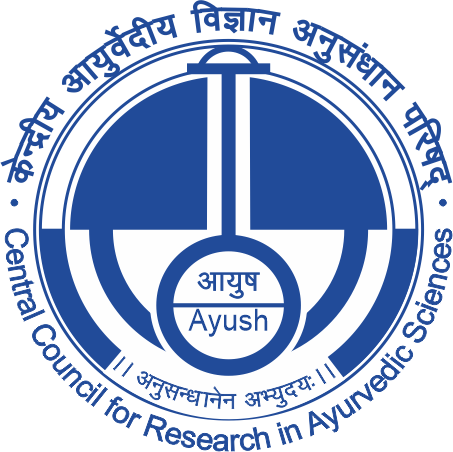



 Click on RISK ASSESSMENT
PORTAL to know your Madhumeha (Diabetes) Risk Level
Click on RISK ASSESSMENT
PORTAL to know your Madhumeha (Diabetes) Risk Level









 Click on RISK ASSESSMENT
PORTAL to know your Madhumeha (Diabetes) Risk Level
Click on RISK ASSESSMENT
PORTAL to know your Madhumeha (Diabetes) Risk Level











The Central Ayurveda Research Institute, Bengaluru is one of the peripheral Institutes of Central Council for Research in Ayurvedic Sciences, Ministry of AYUSH, Govt. of India. The Institute established in 1971 has been engaged in Clinical Research, Drug standardization and Survey of Medicinal Plants in addition to providing healthcare facilities to the needy public. In recognition of its contribution in patient care and research, the Ministry of AYUSH, Govt. of India has awarded “Centre of excellence (CoE) for research and clinical services in Madhumeha (Diabetes mellitus)” in the year 2021 for a period of 4 years (3 years + 1 year extension).


| Sl No. | Deliverables | Action Plan | 1st Year | 2nd Year | 3rd Year | Outcome indicators |
|---|---|---|---|---|---|---|
| 01 | Preparation of “Ayurvedic guideline for prevention and management of Madhumeha (Diabetes mellitus) ” |
• Drafting • Validation/ finalisation |
Draft will be ready in first 6 months | • Publication of validated guideline | ||
| 02 | Validation of Ayurveda approaches for diabetes | A) Through planned clinical trials • Literature search and selection of intervention • Standardisation,preclinical safety toxicity, biological activity of selected formulations • Finalisation of protocol/documentation tools • Ethical committee approval / CTRI registration and initiation of trials B) Documentation of outcome of interventions used in routine OPD/IPD |
Will be initiated in last 6 months | • Development of two formulations for diabetes • Documentation of at least 500 patients/ high-risk population Atleast two publications |
||
| 03 | Validation of Ayurveda dietetics and development of ready to cook/ready to eat food for Diabetes | • Literature search and selection of food recipes • Development of SOPs for preparation • Validation • Publication |
Will be initiated in last 6 months | • Development of atleast two diet preparations for public use | ||
| 04 | Prevention and management of diabetes with multi-specialty approach | • Community IEC about diet, and lifestyle including yoga • Specialised training on Yoga / Ayurveda dietetics • Screening and management of high-risk population • Hospital based patient care • Referral of needy patients to Allopathy- integrated approach to follow • Documentation/ publication |
Will be initiated during first 6 months | • Number of beneficiaries • Outcome of stand alone/ integrated interventions in patients/ high-risk population Upgradation of infrastructure |
||
| 05 | Networking – operational and technical collaboration | • Networking with local governance • With Central/ State Govt. local hospitals for referrals and integrated care • Tie up for specialised investigations like gut microbiome analysis / genetic marker study etc. • For drug standardisation and preclinical studies, preparation of sample medicines. For development of diet |
last 6 months | • Effective collaborations happened • Successful completion of targets Management of referred cases |
||
| 06 | Capacity building for Ayurveda research in Diabetes | Training of human resources in research with special focus on diabetes | last 6 months | • Number of people trained • Number of people passing assessment parameters |
||
| 07 | NABH Accreditation | Upgradation of standards as per NABH guidelines to deliver quality healthcare | Will be initiated during first 6 months | • Obtaining NABH Accreditation certification | ||
| 08 | To introduce e-healthcare initiatives for prevention and management of Diabetes | Online appointment, telemedicine, e-records, digital IEC (literature, audio-visuals, SMS alerts etc.) | • Successful initiation of e-health programmes |

